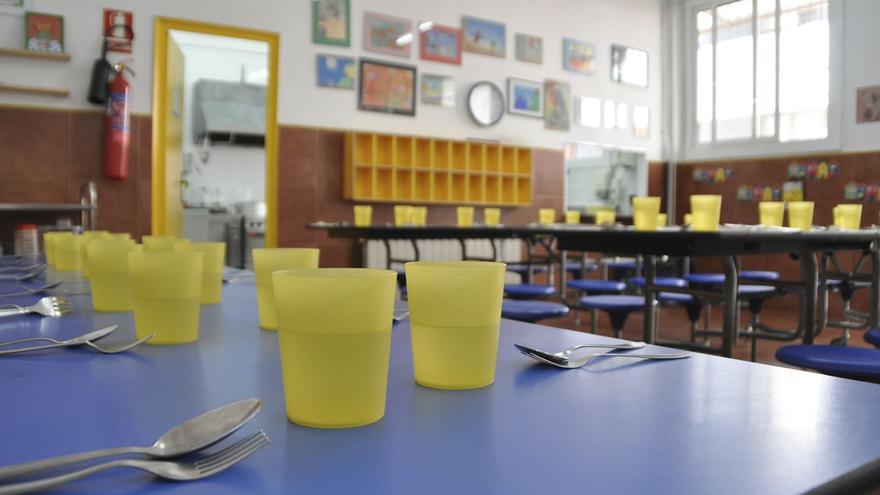Illustration of a coffin in front of a crematorium. – Francois Mori / SIPA
Oregon on Tuesday became the third US state to allow human composting. Governor Kate Brown signed a law adding this alternative to the choices hitherto offered to the inhabitants in matters of treatment of the body after death. The text will enter into force in July 2022. The process of “biological reduction” is favored by conservationists because it pollutes less than burials or cremations, indicates Vice.
The latter method consumes a large amount of energy at the time of incineration and emits substances that promote global warming, such as carbon dioxide. As for the burial of the remains, it is preceded by embalming with formaldehyde, which is then likely to be found in the soil and groundwater. It also occupies large areas of land.
A “difficult subject”
Human composting “certainly cannot appeal to all consumers but those among us who are really looking for ways to think about how our carbon footprint on Earth continues to manifest after we die,” commented Kate Brown. The elected recognized that the choice was a “difficult subject” from which “none of us has the possibility of escaping”.
For example, in the Recompose funeral home, the bodies of people who have opted for biological reduction are placed in a cylindrical receptacle and surrounded by shavings of wood, plants and straw. The whole is heated and regularly turned using a hook for several weeks. At the end of the process, the corpse has transformed and soil rich in nutrients.
It can be used to fertilize the soil or be returned to relatives of the deceased. This treatment has been authorized in Washington State since 2019 and since last May in Colorado. It is banned elsewhere in the United States, however, although the states of New York and Delaware are considering bills legalizing human composting.
–


